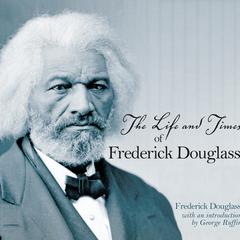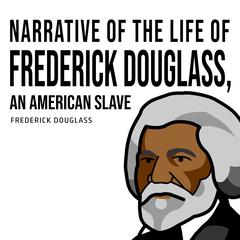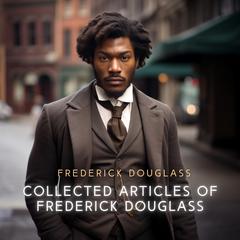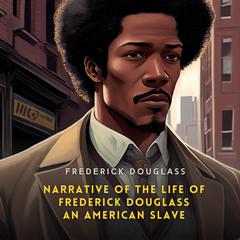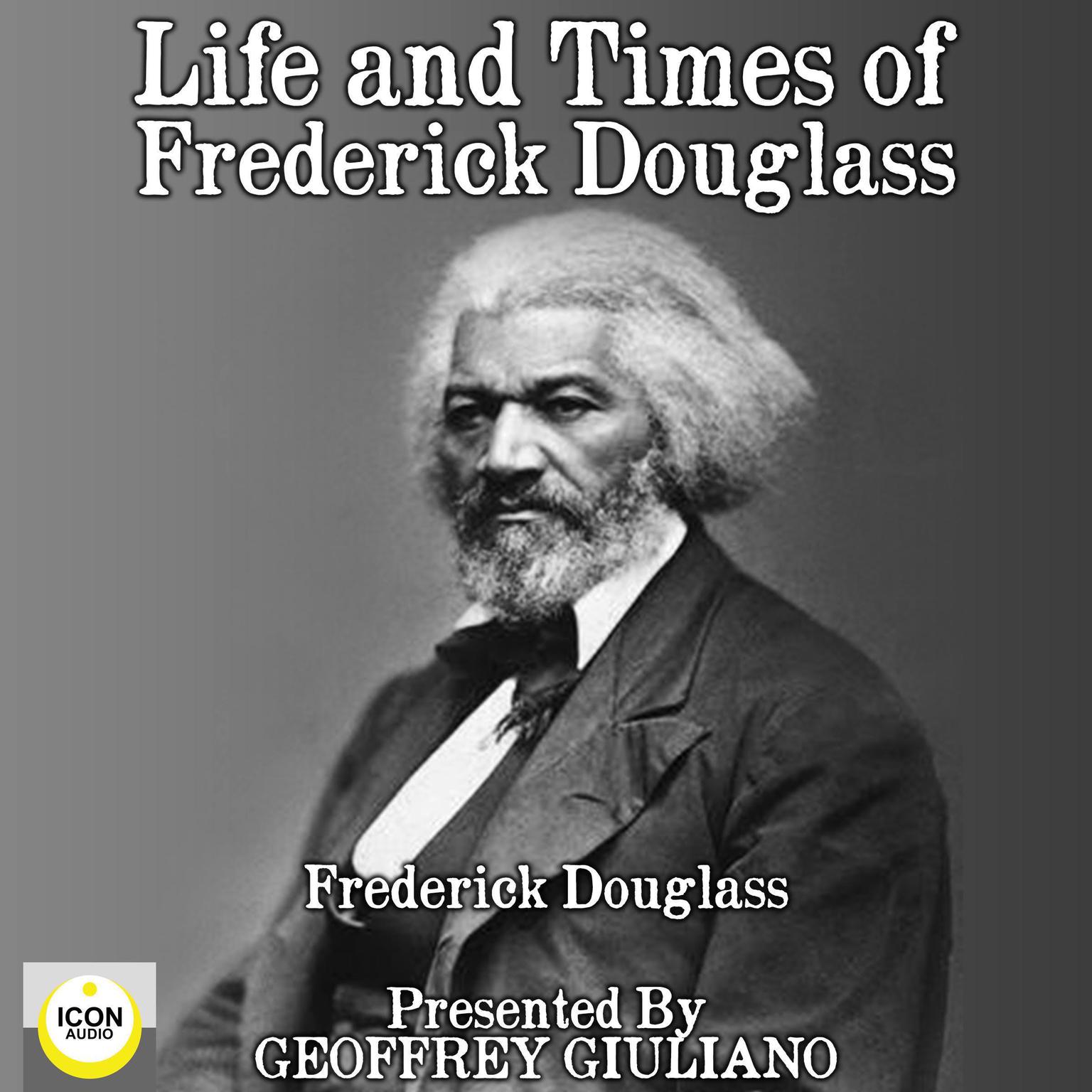 Play Audiobook Sample
Play Audiobook Sample
Life and Times of Frederick Douglass Audiobook
 Play Audiobook Sample
Play Audiobook Sample
Quick Stats About this Audiobook
Total Audiobook Chapters:
Longest Chapter Length:
Shortest Chapter Length:
Average Chapter Length:
Audiobooks by this Author:
Publisher Description
Frederick Douglass was an American social reformer, abolitionist, orator, writer, and statesman. After escaping from slavery in Maryland, he became a national leader of the abolitionist movement in Massachusetts and New York, gaining note for his oratory and incisive antislavery writings. Accordingly, he was described by abolitionists in his time as a living counter-example to slaveholders' arguments that slaves lacked the intellectual capacity to function as independent American citizens. Likewise, Northerners at the time found it hard to believe that such a great orator had once been a slave.This is his story. Edited by Macc Kay Production executive Avalon Giuliano ICON Intern Eden Giuliano Music By AudioNautix With Their Kind Permission ©2020 Eden Garret Giuliano (P) Eden Garret Giuliano Geoffrey Giuliano is the author of over thirty internationally bestselling biographies, including the London Sunday Times bestseller Blackbird: The Life and Times of Paul McCartney and Dark Horse: The Private Life of George Harrison. He can be heard on the Westwood One Radio Network and has wri tten and produced over seven hundred original spoken-word albums and video documentaries on various aspects of popular culture. He is also a well known movie actor.
Download and start listening now!
Life and Times of Frederick Douglass Listener Reviews
Be the first to write a review about this audiobook!
About Frederick Douglass
Frederick Douglass (1818–1895), né Frederick Augustus Washington Bailey, was born into slavery in Maryland. Upon successfully escaping slavery—on his third attempt—in 1838, Douglass became one of the key leaders of the abolitionist movement in the United States. An extremely gifted orator, he repeatedly risked his own freedom as an antislavery speaker, writer, and statesman. A firm believer in equality for all people, including Native Americans, women, and immigrants, Douglass was also an activist in the women’s suffrage movement. He died in Washington DC, shortly after he attended a meeting of the National Council of Women, where he had received a standing ovation for his enormous contribution to human rights.






